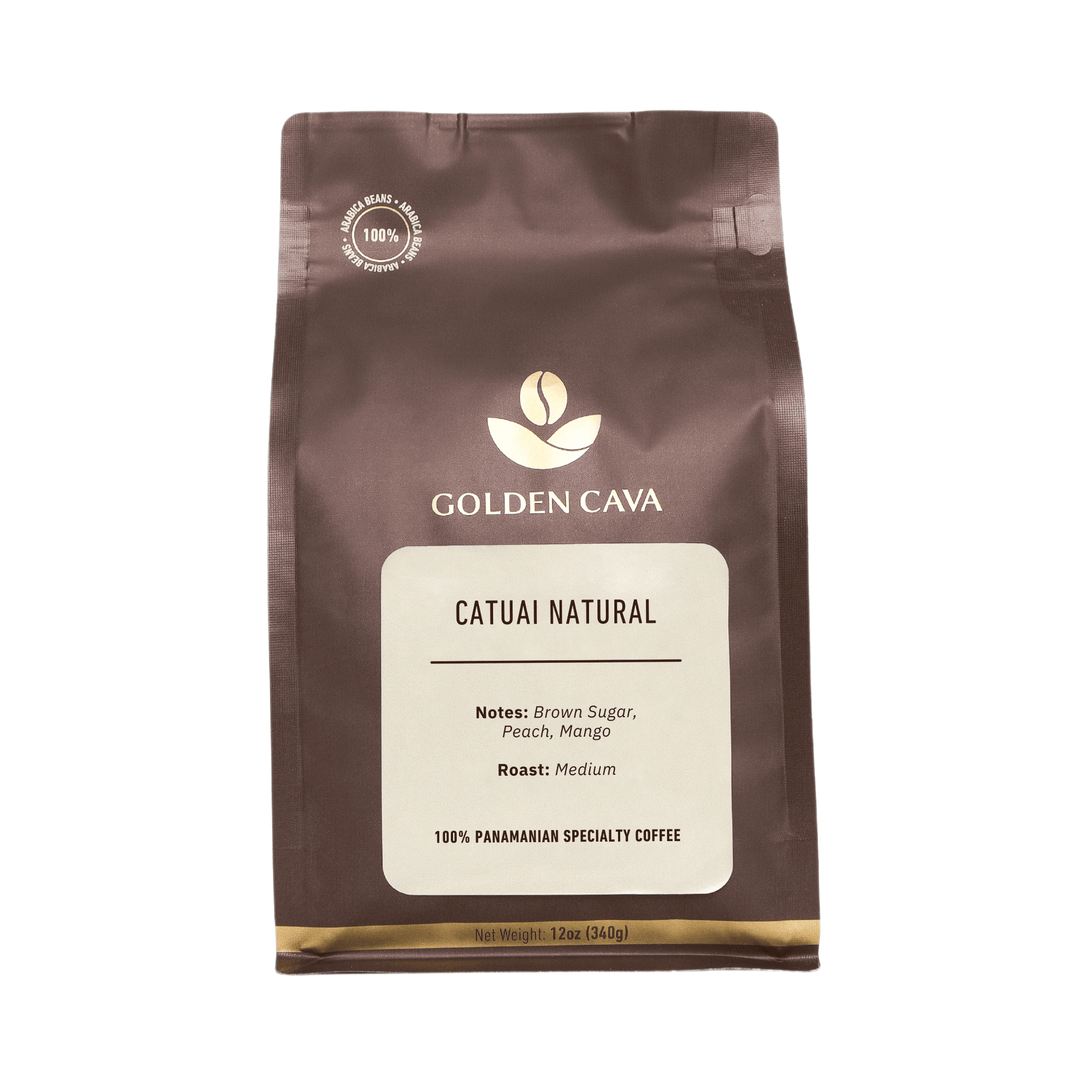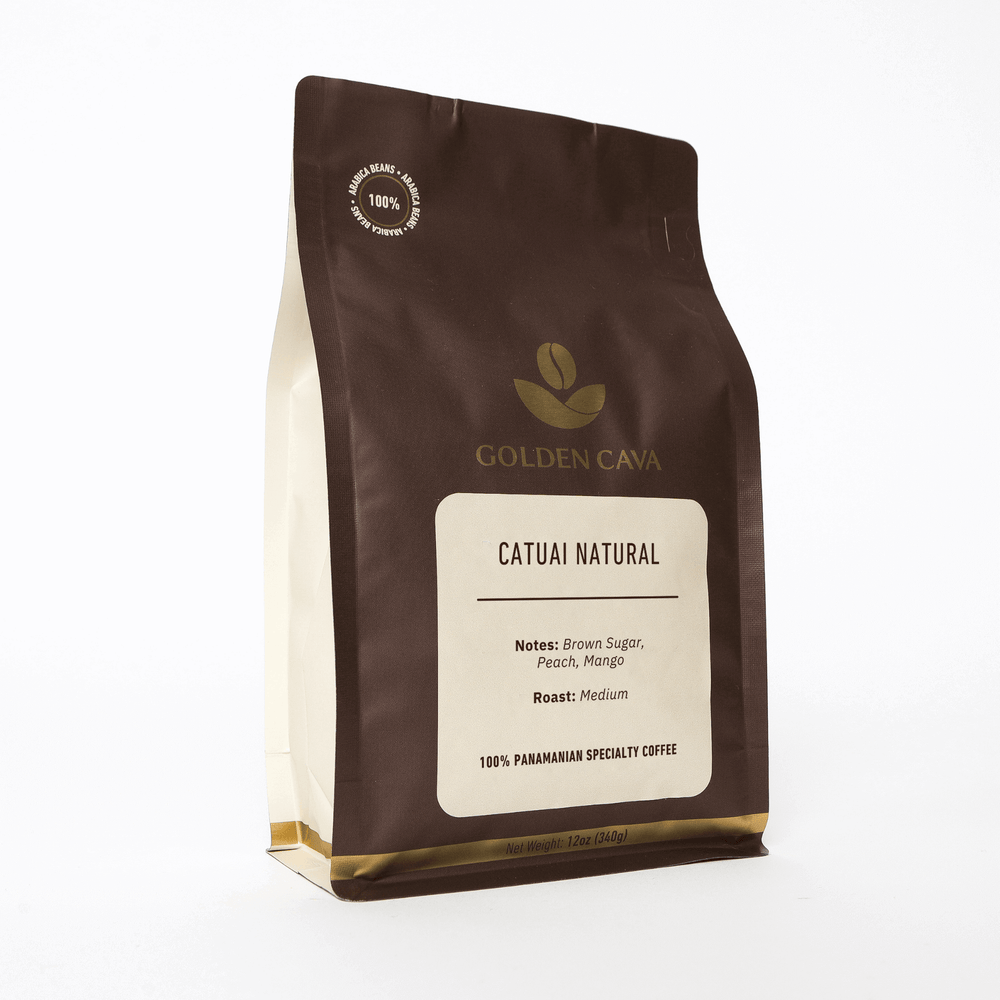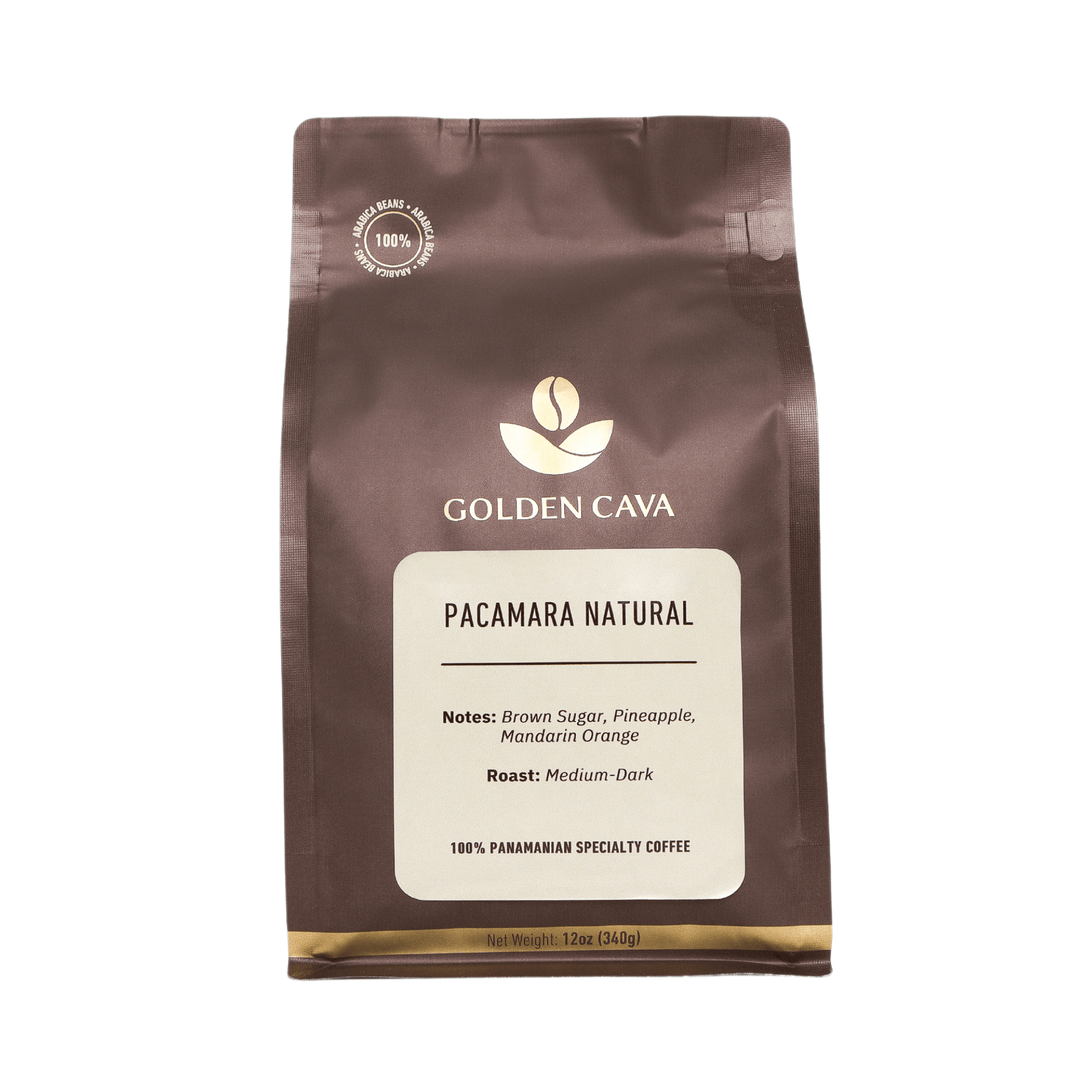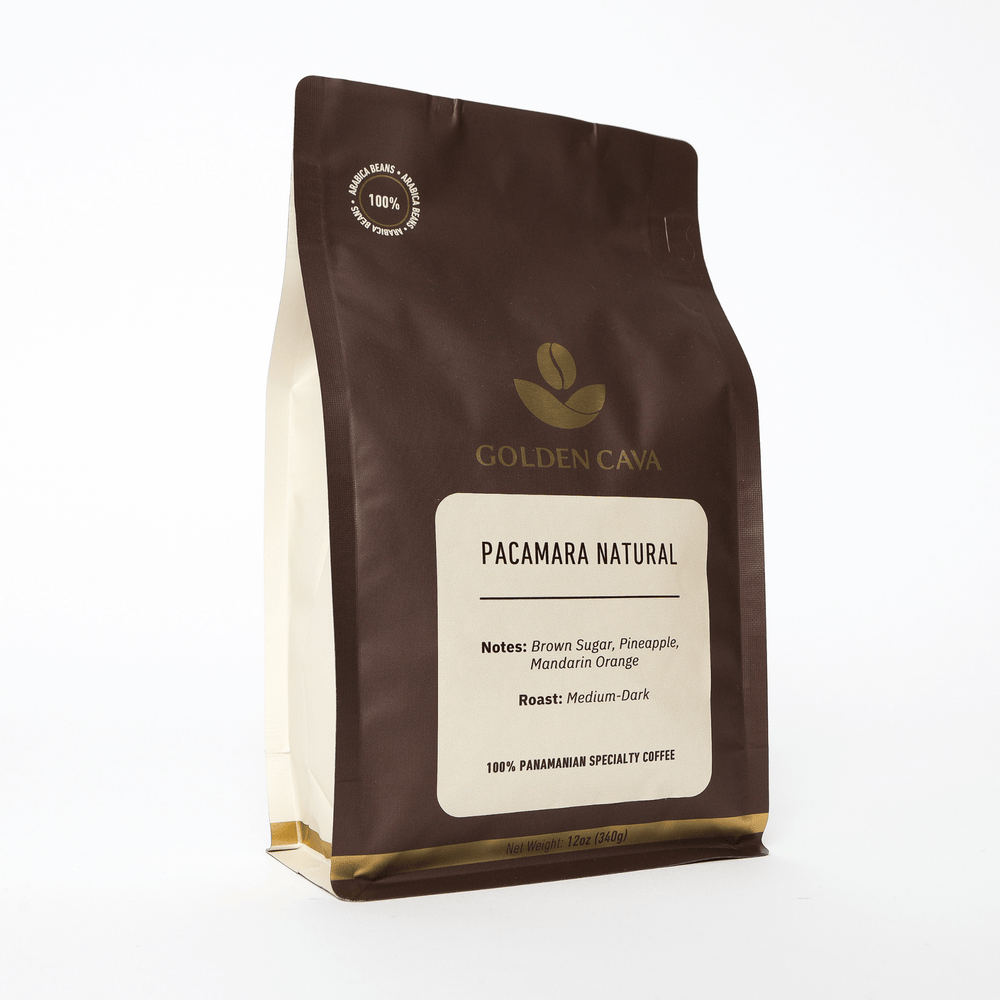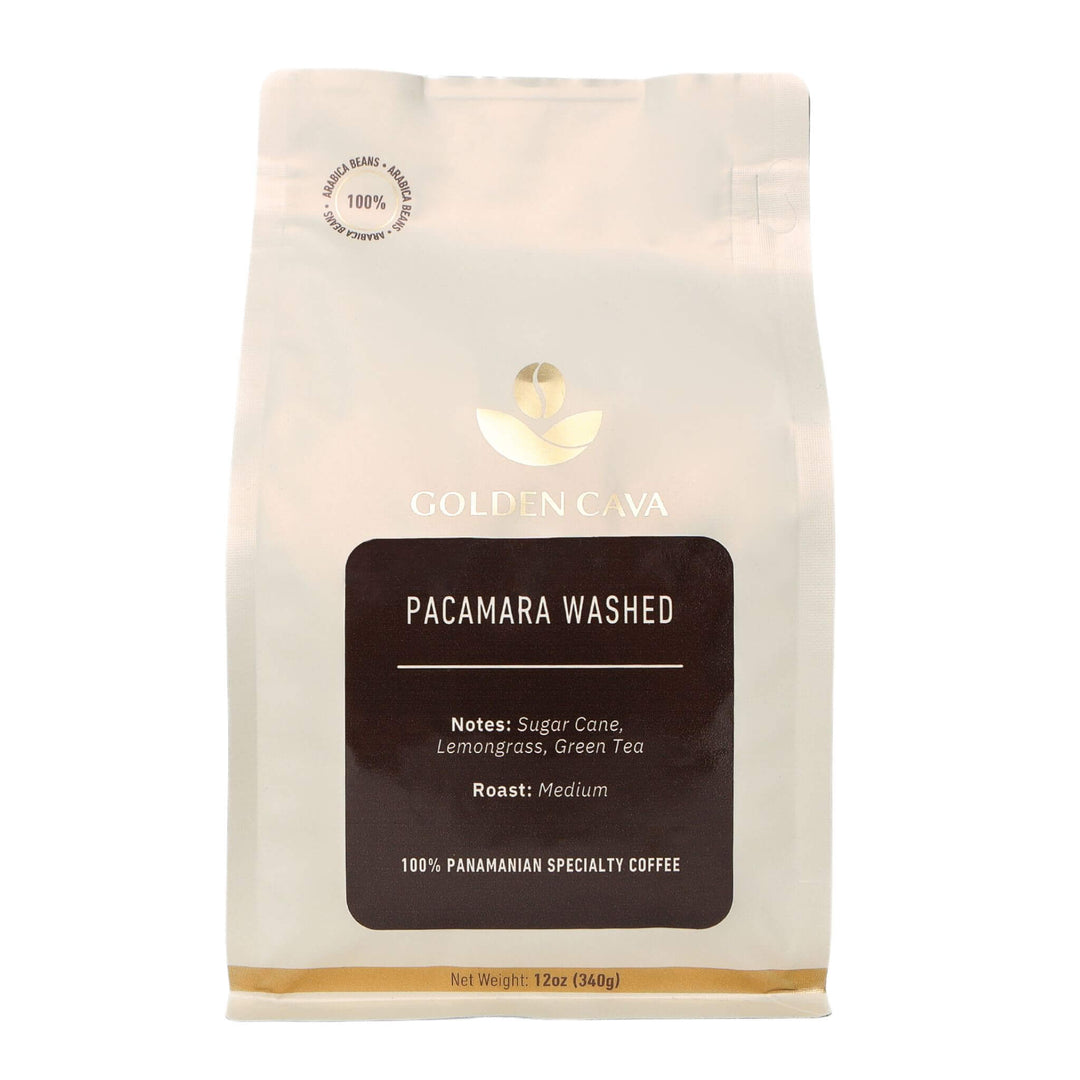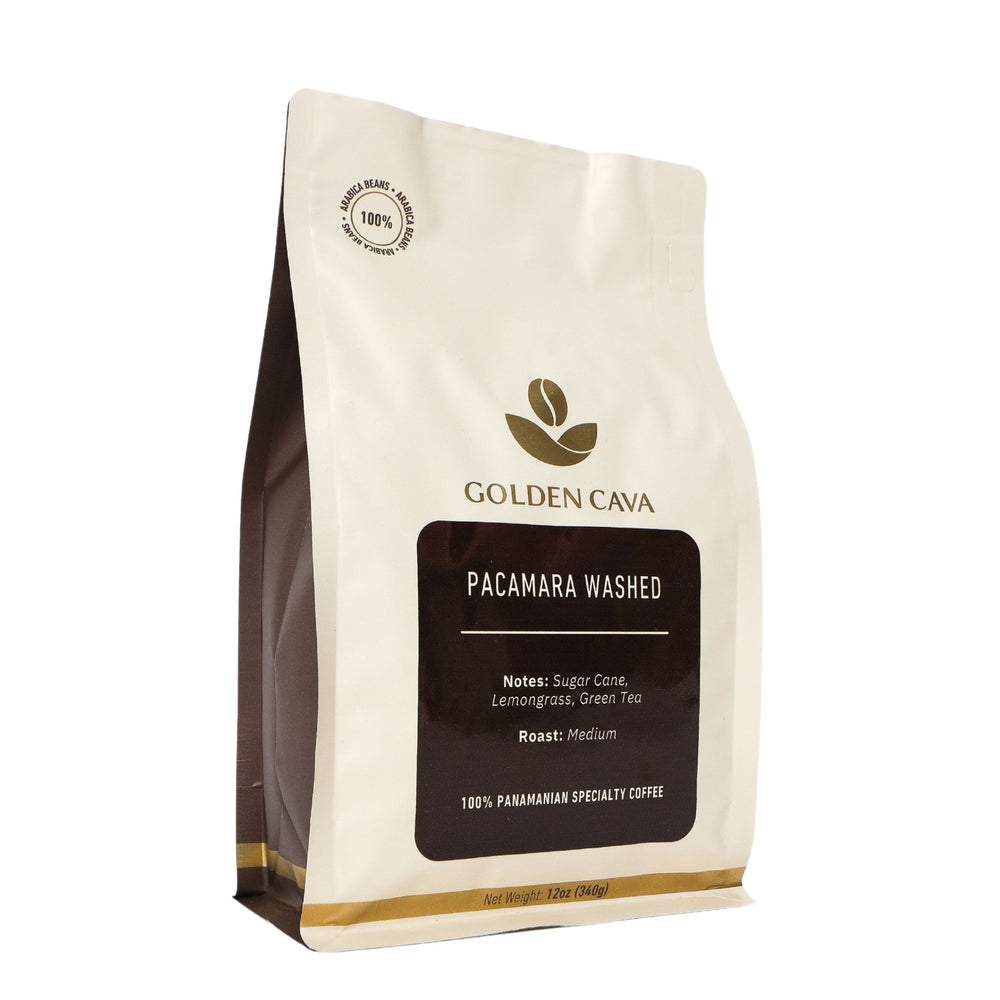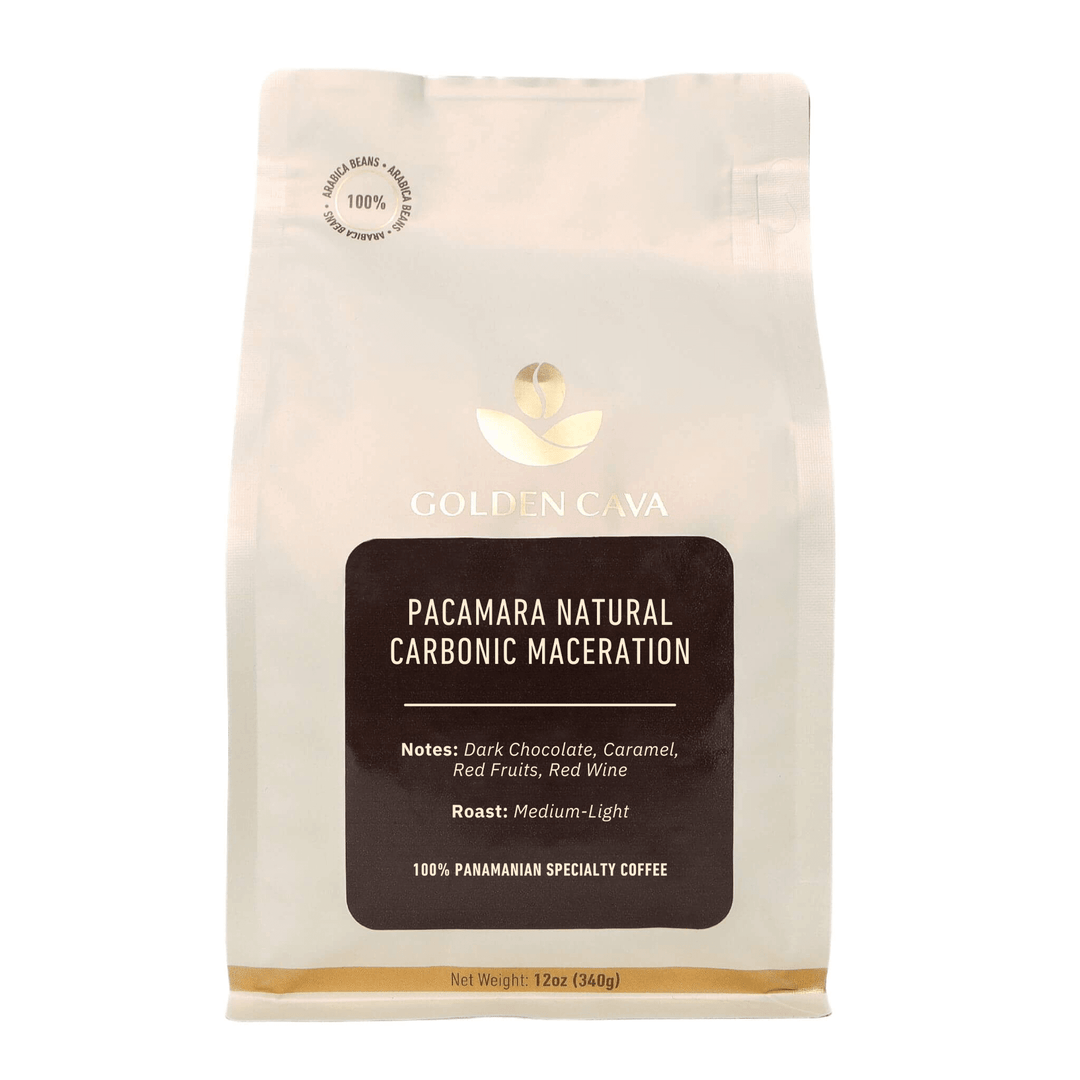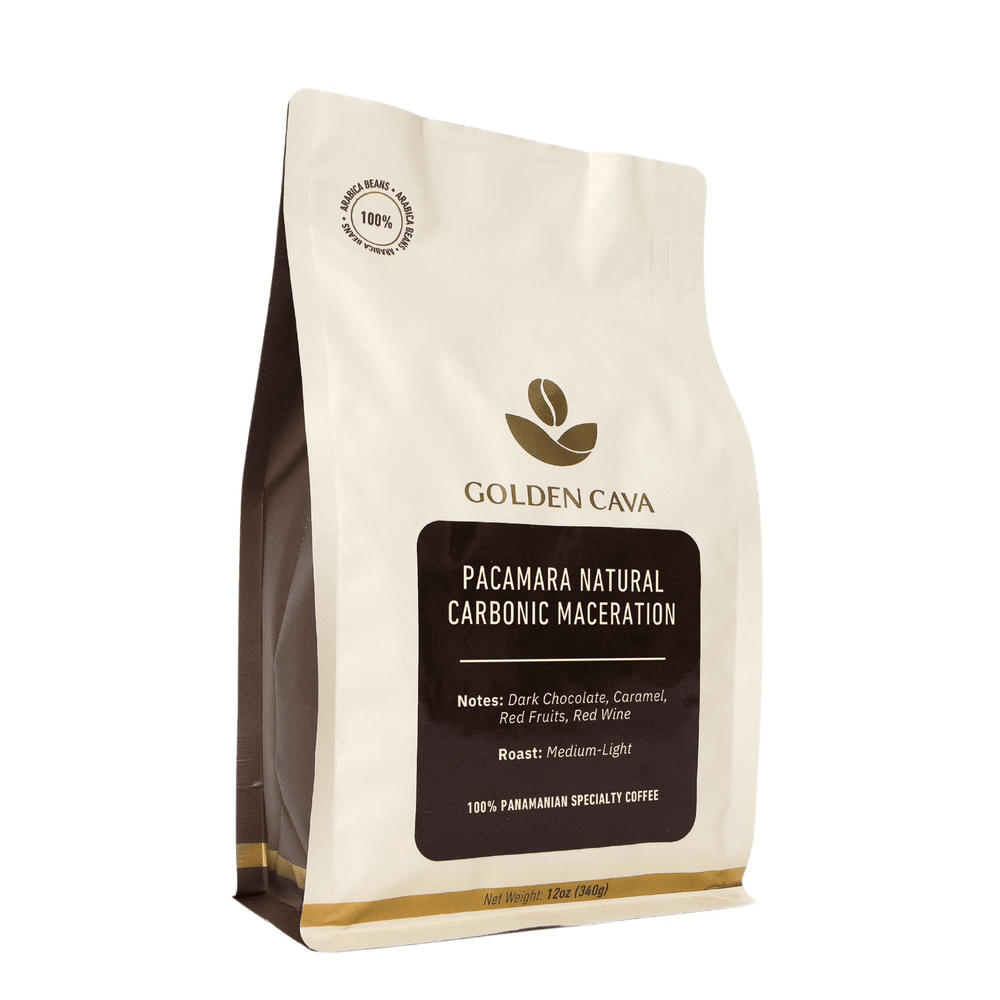You take a sip and ask yourself why does my coffee taste sour? It's a question that plagues many coffee drinkers and enthusiasts alike.
They say that life is too short to drink bad coffee, but what about sour coffee? It's like a cruel joke played by your taste buds - you take a sip, expecting a smooth and delicious brew, and instead, you're hit with a sharp tang and sour taste that makes you question everything you thought you knew about coffee.
Sourness in coffee can be attributed to various factors, ranging from brewing techniques to the type of beans used. In this post, will review the reasons behind sour coffee and some barista loved solutions to fix sour coffee that you can start implementing in your home setup today.
So if you've ever wondered why does my coffee taste sour, stick around as we unravel this mystery together!
In addition, we'll discuss ways to enhance the sweetness in your cup of joe by making simple adjustments during the brewing process. Finally, we'll share tips on improving your overall brewing technique so you can enjoy a perfectly balanced cup every time and avoid that unpleasant sour taste.
Table of Contents: Why Does My Coffee Taste Sour
- Identifying Sour Coffee
- What Does Sour Coffee Taste Like?
- Common Signs Your Coffee Tastes Sour
- Causes of Sour Coffee
- Avoiding Sour Coffee
- Enhancing Sweetness in Coffee
- Improving Your Brewing Technique
- Frequently Asked Questions
- Conclusion
1. Identifying Sour Coffee
Have you ever had the disappointment of tasting bitter coffee that has a sourness to it? in your freshly brewed coffee? This unpleasant experience of why does my coffee taste sour can be frustrating, especially when you're looking forward to enjoying a delicious cup of joe. In this part, we'll explain what causes sour coffee and how to stop it from happening.
What Does Sour Coffee Taste Like?
Sour coffee has an acidic taste similar to lemon juice or vinegar. It's often accompanied by fruity flavors and may even taste grassy or underdeveloped. The key is recognizing the difference between pleasant acidity found in specialty coffee, which adds brightness and complexity, versus the off-putting sourness caused by improper brewing techniques.
Common Signs Your Coffee Tastes Sour
- Inconsistent flavor: If your coffee tastes different from one cup to another despite using the same beans and brewing method, there might be inconsistencies in extraction causing some cups to taste sour.
- Lack of balance: A well-balanced cup should the perfect mix of sweetness, bitterness, and acidity. If any element overpowers others - particularly acidity - it could result in a sour flavor profile.
- Astringency: An overly acidic or under-extracted brew can cause an unpleasant drying sensation on your tongue known as astringency.
Avoiding the issues of sour coffee can be a challenging endeavor, yet learning the distinctions of flavor and aroma may help you pinpoint it. Let's dive into what causes sourness in coffee so that you can make adjustments accordingly.
2. Causes of Sour Coffee
There are several factors that can contribute to a sour taste in your coffee. Understanding these causes will help you avoid them and enjoy a better cup of joe.
A. Under-Extraction
One of the most likely culprits and common cause of sour coffee is under-extraction, which occurs when not enough flavor compounds are extracted from the coffee beans. This leaves behind acidic components that create a sour flavor profile. Factors contributing to under-extracted coffee include:
- Brewing time: A short brewing time or coffee steep may not allow for proper extraction, resulting in sour drip coffee.
- Grind size: Coarse ground coffee beans can lead to under-extraction as water passes through too quickly without extracting all the flavors.
- Coffee-to-water ratio: Using too little coffee grounds compared to water can also result in an imbalanced extraction process.
B. Over-Extraction
In contrast, over-extracting your brew by using too fine a grind or allowing it to steep for too long can also make your coffee taste bitter or overly acidic due to extracting more bitter components than desired.
C. Poor Quality Beans and Roasting Process
Poor quality beans that haven't been roasted properly might have an unpleasant grassy or fruity taste, making your specialty coffees seem off-balance and potentially causing them to be mistaken for being "sour." Additionally, if you're using light roast beans with naturally high acidity levels but prefer dark roasts' bitterness or bitter coffee, this could contribute towards perceiving the lighter roast as sour.
D. Brewing Method and Equipment
Using the wrong brewing method or equipment can also lead to a sour taste in your coffee. For example, an improperly cleaned coffee maker may harbor bacteria that affect the flavor of your brew. Additionally, some brewing methods like pour-over or AeroPress might highlight acidity more than others such as cold brew or French press.
E. Water Quality and Temperature
The quality of water used for brewing plays a significant role in how your coffee tastes. Hard water with high mineral content can cause both bitter taste and sour flavors in your cup, while using water that is too hot can extract unwanted compounds from the beans leading to a bad coffee experience.
Sour coffee can be caused by a variety of factors, such as improper storage or grinding, using too much water in relation to the amount of grounds used, and even age. Now let's look at how you can avoid sour tasting coffee.
3. Avoiding Sour Coffee
By using fresh beans, proper extraction techniques, and the right brewing equipment, you can prevent sour coffee and that unpleasant sour taste from ruining your morning brew.
Fresh Beans
To get the tastiest coffee, always use top-notch beans that have been freshly roasted in the past fortnight. Stale or improperly stored beans can result in a sour taste due to oxidation and loss of volatile compounds responsible for pleasant flavors.
Proper Extraction Techniques
The key to avoiding under-extracted coffee lies in understanding the brewing process and adjusting it accordingly:
- Brew Time: Increase your brewing time if you're experiencing sour drip coffee. This allows more bitter components to be extracted from the grounds, balancing out acidity levels.
- Coffee-to-Water Ratio: Adjusting this ratio ensures that there's enough water present during extraction when you brew coffee so as not to create an overly acidic brew. Aim for a standard ratio of about 1:15 (coffee:water).
- Brew Temperature: Brewing at too low a temperature can lead to under-extraction and lead to coffee that tastes sour; aim for temperatures between 195°F-205°F (90°C-96°C) when brewing your coffee.
Selecting The Right Brewing Equipment And Method
Your choice of equipment plays an important role in preventing bad-tasting cups of java and making your coffee taste sweeter. Here are some tips to help you choose the right brewing method and equipment:
- Grind Size: Using an improper grind size for your chosen brewing method can lead to sour coffee. For example, coarse coffee grounds work best with a French press or cold brew, while finer grinds suit espresso machines.
- Coffee Grinder: Invest in a high-quality coffee grinder, such as a burr grinder that allows you to control the consistency of your ground beans. This ensures even extraction and prevents under-extracted coffee from spoiling your cup.
- Brewing Method: Experiment with different brewing methods like pour-over, AeroPress, or Chemex to find one that produces a balanced flavor profile suited to your taste preferences.
Incorporating these practices into your daily routine will help ensure that each cup of coffee is free from any unpleasant sour flavors.
4. Enhancing Sweetness in Coffee
If you find yourself asking why does my coffee taste sour, there are several ways to enhance the sweetness and balance out the flavors. By adjusting your brewing method, grind size, or adding sweeteners, you can create a more enjoyable cup of coffee.
a) Adding Sugar or Cream
One way to sweeten your cup of coffee is by adding sugar or cream. While this may not be ideal for those looking to cut back on calories or added sugars, it's an effective solution if you need a quick fix for sour drip coffee. It's all about finding what works best for you, here are some sweeteners options like natural sugar substitutes such as honey or maple syrup.
b) Using French Press or Cold Brew Method
Switching up your brewing method can also help reduce sourness in your coffee. The French press method, which uses coarse grounds and longer steep times, often results in a smoother and less acidic flavor profile compared to drip machines. Additionally, cold brews made using coarsely ground beans soaked in cold water over 12-24 hours produce lower acidity levels than hot brewed methods.
c) Adjusting Grind Size
- Fine grinds: If under-extraction is causing the sour taste in your specialty coffee due to improper grind size, try using finer grounds that will extract more bitter components during the brewing process.
- Coarse grinds: On the other hand, if over-extraction is making your coffee taste sour, opt for more coarse coffee grounds that will slow down the extraction process and produce a more balanced flavor.
d) Experimenting with Coffee-to-Water Ratio
Another way to enhance sweetness in your coffee is by adjusting the coffee-to-water ratio. If you find your brew tastes too weak or sour, try using more ground coffee beans per cup of water. Conversely, if your coffee has a bitter taste due to over-extraction, reduce the amount of grounds used while maintaining the same water volume.
e) Choosing Light Roast Beans with Fruity Flavors
If you're looking for naturally sweeter flavors in your cup of joe without adding sugar or cream, consider trying light roast beans that have been roasted properly. These often exhibit fruity flavors and less bitterness than dark roasts. However, be cautious not to under-extract these lighter roasts as they can still taste grassy when improperly brewed.
By adding sweeteners, such as honey or sugar, to your coffee you can amplify its sweetness. Additionally, adjusting brewing techniques like grind size and water temperature can help improve the overall flavor of your brew.
5. Improving Your Brewing Technique
For consistently savoring a delectable cup of coffee, refining your brewing technique is essential. By understanding the factors that contribute to sour or bitter flavors and making necessary adjustments, you can ensure a properly brewed cup every time. Here are some tips for refining your brewing process:
- Choose high-quality beans: Pick specialty coffee beans that have been roasted properly and stored in an air-tight container away from heat, light, and moisture.
- Fine-tune grind size: Experiment with different grind sizes based on your preferred brewing method (e.g., coarse grounds for French press or cold brew; finer grounds for espresso). An improper grind size can lead to over- or under-extraction.
- Maintain proper water temperature: The ideal water temperature is between 195°F -205°F (90°C -96°C) when brewing coffee. Too hot or too cold water will affect extraction levels and result in sour drip coffee.
- Brewing time matters: Ensure the correct amount of contact time between ground coffee beans and water by following recommended brew times according to your chosen method - shorter times may produce under-extracted sour taste while longer brewing times extract more bitter components.
- Weigh ingredients accurately: Use a scale to measure your ground coffee beans as well as the volume of water. This ensures consistency in achieving desired flavor profiles. A general guideline is maintaining a balanced coffee-to-water ratio.
- Experiment with brewing methods: Try different brewing methods, such as pour-over, French press, or cold brew to discover which method produces the most desirable flavor profile for your taste buds.
- Clean equipment regularly: Keep your coffee maker and grinder clean by washing them after each use. Buildup of old grounds and oils can affect the taste of future cups, leading to sour flavors or off - tastes.
By honing your technique and making subtle adjustments, you can discover the perfect balance between acidity and sweetness - resulting in a cup of coffee that is truly worth savoring. Remember that experimenting with various factors like grind size, water temperature, and brewing time is key in finding the perfect balance between acidity and sweetness. As you become more experienced in recognizing what makes coffee sour or bitter, making adjustments will come naturally - allowing you to savor every sip.
Frequently Asked Questions
Why is my coffee tasting sour vs bitter?
Coffee tastes sour when it's under-extracted, meaning the water hasn't had enough time to extract all the flavors from the coffee grounds. On the other hand, bitterness occurs due to over-extraction or using too dark a roast. To achieve a balanced taste, adjust your brewing time and grind size accordingly.
Does sugar make coffee taste sour?
No, sugar does not inherently make coffee taste sour. In fact, adding sugar can help counteract any existing acidity in your cup of joe. However, if you add too much sugar without balancing other factors like brewing technique and bean quality, it may create an overly sweet flavor that masks desirable notes.
Why does my mouth taste sour after drinking coffee?
A sour aftertaste in your mouth could be due to acidic compounds present in some types of beans or inadequate extraction during brewing. To minimize this sensation, experiment with different beans that have lower acidity levels or refine your brewing method for better extraction.
What does coffee acidity taste like?
Coffee acidity refers to bright and tangy flavors often found in lighter roasts or high-altitude grown beans. It can resemble fruity notes such as citrus fruits (lemon or orange) and berries (raspberries). Acidity should contribute positively to overall flavor balance rather than creating an overpowering tartness.
Final Thoughts
The answer to 'why does my coffee taste sour?' is not a simple yes or no. It depends on several factors such as brewing technique, freshness of beans and grind size. To avoid sour tasting coffee it's important to use freshly roasted beans that are ground correctly for your preferred brew method. Additionally, adjusting water temperature and ensuring proper extraction can also help enhance sweetness in your cup of joe. By following these tips you'll be able to enjoy delicious cups of coffee without having to worry about any unpleasant aftertastes from over-extraction or under-developed flavors due to improper grinding techniques.


